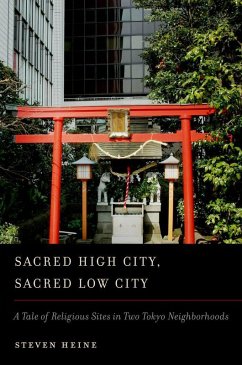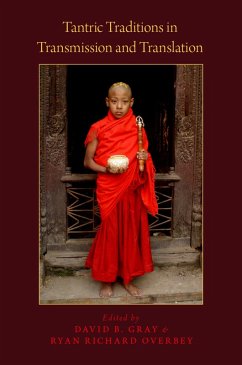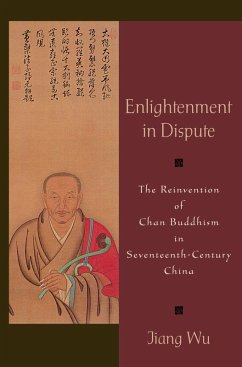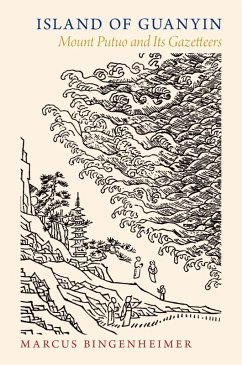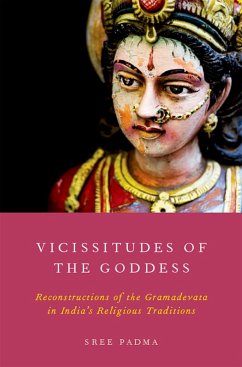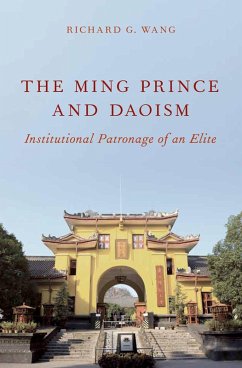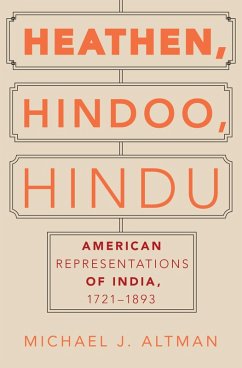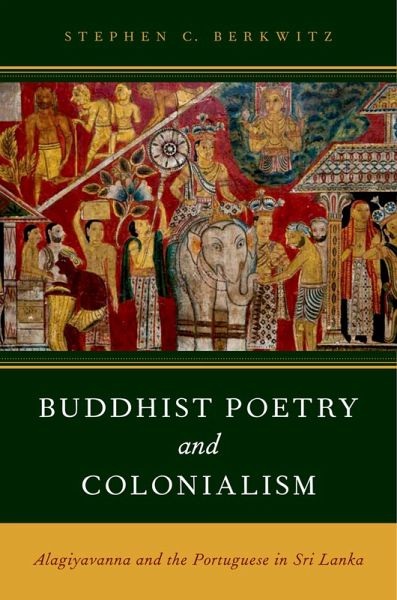
Buddhist Poetry and Colonialism (eBook, PDF)
Alagiyavanna and the Portuguese in Sri Lanka

PAYBACK Punkte
9 °P sammeln!
Many researchers have explored the impact of British and French Orientalism in the reinterpretations of Buddhism in South and Southeast Asia during the nineteenth and early twentieth centuries. Less noticed, however, and infrequently discussed is the impact of Portuguese colonialists and missionaries upon Buddhist communities in the sixteenth and seventeenth centuries across Asia. Stephen C. Berkwitz addresses this theme by examining five poetic works by Alagiyavanna Mukaveti (b.1552), a renowned Sinhala poet who participated directly in the convergence of local and trans-local cultures in ear...
Many researchers have explored the impact of British and French Orientalism in the reinterpretations of Buddhism in South and Southeast Asia during the nineteenth and early twentieth centuries. Less noticed, however, and infrequently discussed is the impact of Portuguese colonialists and missionaries upon Buddhist communities in the sixteenth and seventeenth centuries across Asia. Stephen C. Berkwitz addresses this theme by examining five poetic works by Alagiyavanna Mukaveti (b.1552), a renowned Sinhala poet who participated directly in the convergence of local and trans-local cultures in early modern Sri Lanka. Berkwitz follows the written works of the poet from his position in the court of a Sinhala king, through the cultural upheavals of warfare and the expansion of colonial rule, and finally to his eventual conversion to Catholicism and employment under the Portuguese Crown. In so doing, Berkwitz explores the transformations in religion and literature rendered by what was arguably the earliest sustained encounter between Asian Buddhists and European colonialists in world history. Alagiyavanna's poetic works give expression to both a discourse of nostalgia for the local religious and cultural order in the late sixteenth century, and a discourse of cultural assimilation with the new colonial order during its ascendancy in the early seventeenth century. Employing an interdisciplinary approach that combines Buddhist Studies, History, Literary Criticism, and Postcolonial Studies, this book yields important insights into how the colonial experience contributed to the transformation of Buddhist culture in early modernity.
Dieser Download kann aus rechtlichen Gründen nur mit Rechnungsadresse in A, B, BG, CY, CZ, D, DK, EW, E, FIN, F, GR, HR, H, IRL, I, LT, L, LR, M, NL, PL, P, R, S, SLO, SK ausgeliefert werden.




